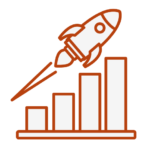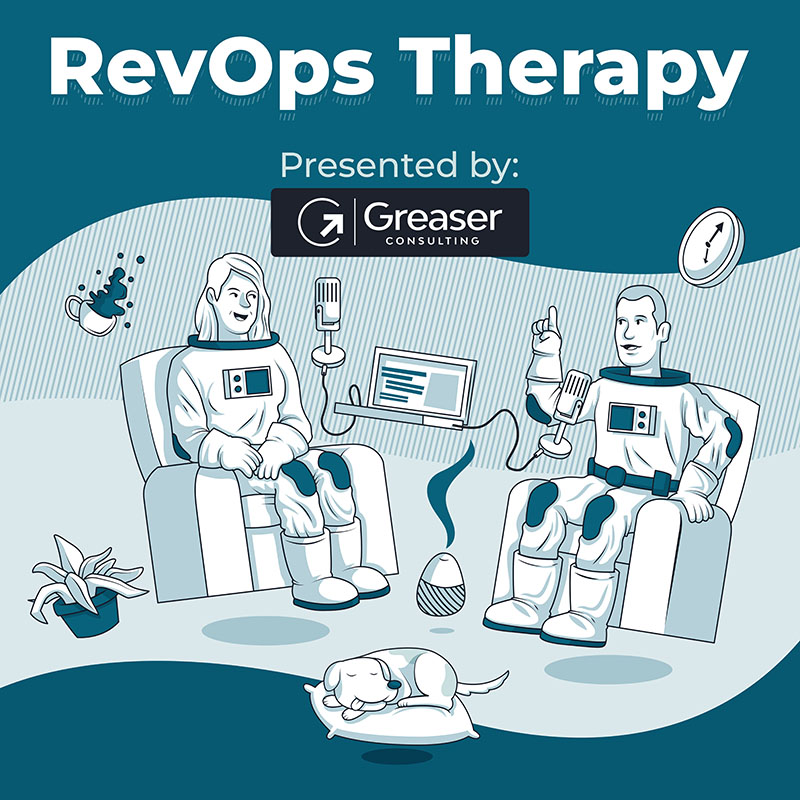It takes more than tools and good intentions to transform your revenue organization.
It’s a lot of work to move your team to Revenue Operations or run a thriving sales execution program.
You might hire, change management structures, implement tools, introduce processes, and/or measure performance differently. Change on that scale requires strategy, empathy, and planning.
Skipping these steps often causes problems like these:
- Low adoption
Software isn’t cheap. Neither is the time sales or marketing spends creating content. If your team doesn’t “play ball,” then you’re wasting budget. - Turnover
When leadership doesn’t engage team members in creating a shared vision, and a collaborative plan to get there, people leave. - General mayhem
There might not be riots in the breakroom, but it’s bad news if your team ignores your directives and does whatever they want. You can’t measure chaos.
We help teams get ahead of internal cultural crises by building collaborative change management strategies involving every level of your revenue organization.
Our Results

A long-time client was acquired in 2020 by a household name.
While many teams would have scrapped their current systems, our consultants helped them to transform their existing sales execution program to thrive in the new environment.
How does a change management engagement work?

Schedule a Consultation
Ready to learn how we can help your sales team navigate change?
Share your information and a member of our team will reach out to schedule your free consultation.
Contact Form
“The team was thorough in their understanding of our messaging, consultative in their approach and process, flexible to our specific needs, and very professional with their communication and delivery.”
Learn

